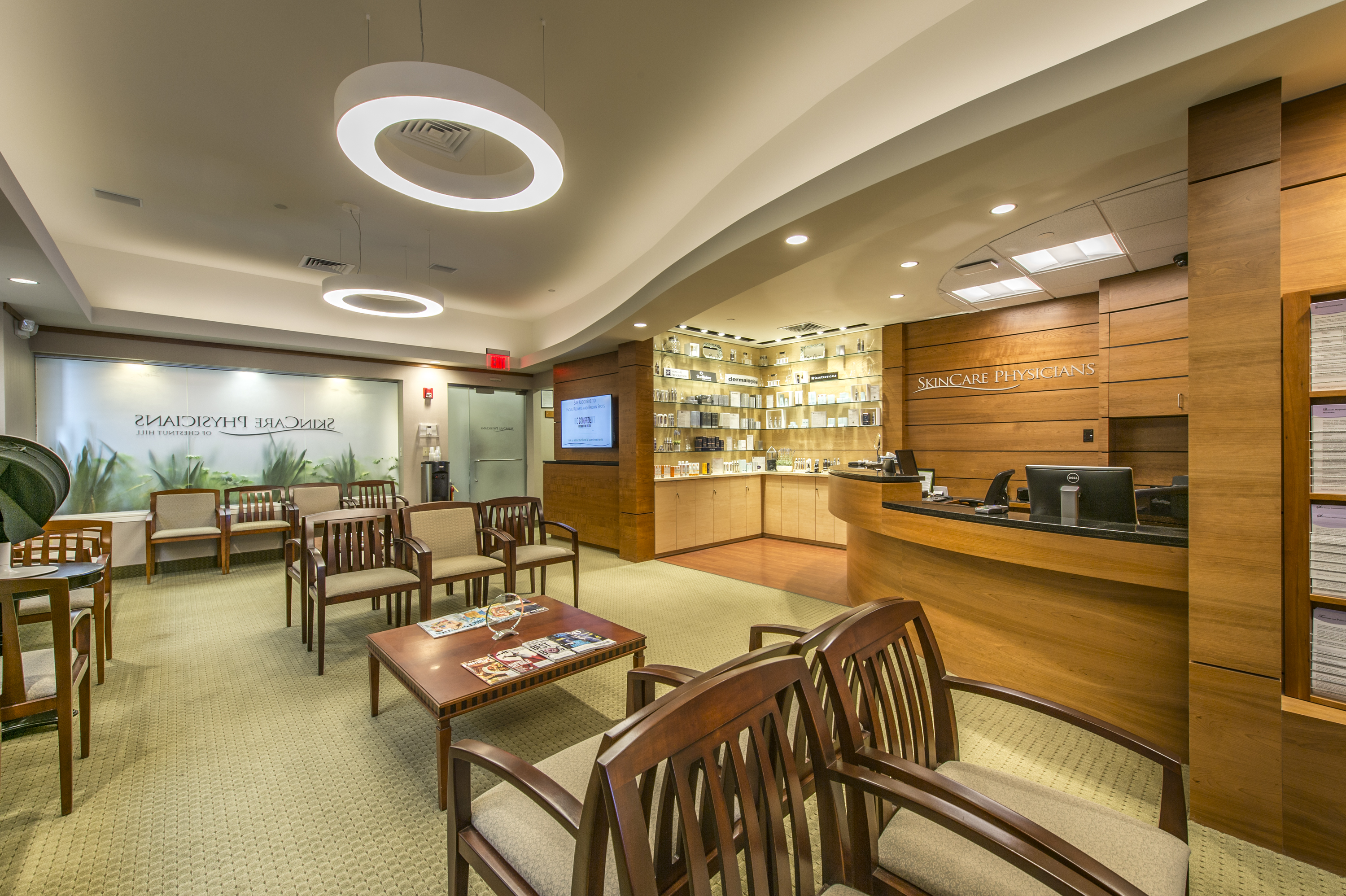- Home
- Blog
- Medical Dermatology
- Beware of these dry skin spots that don’t go away!
Beware of these dry skin spots that don’t go away!
 Now that summer tans are gone, people may be noticing scattered dry, scaly pink spots that don’t go away completely or reappear in the same location. These stubborn dry spots, called actinic keratoses, are a sign of chronic sun damage. They have a chance of turning into a skin cancer called squamous cell carcinoma in the future. Fortunately, there are multiple, effective ways to treat actinic keratosis, all available at our dermatology practice near Boston.
Now that summer tans are gone, people may be noticing scattered dry, scaly pink spots that don’t go away completely or reappear in the same location. These stubborn dry spots, called actinic keratoses, are a sign of chronic sun damage. They have a chance of turning into a skin cancer called squamous cell carcinoma in the future. Fortunately, there are multiple, effective ways to treat actinic keratosis, all available at our dermatology practice near Boston.
Prone to developing actinic keratosis?
Actinic keratosis tend to occur in areas exposed to the sun such as the face, arms, legs, scalp (in men with hair thinning) and chest. People with fair skin tend to get them more often than people with darker skin. The more sun exposure one has had, the more likely to develop an actinic keratosis. It’s an indicator of how much sun a person has had in the past.
Best ways to treat actinic keratoses
While the best treatment for an actinic keratosis is prevention by minimizing sun exposure, effective treatments are available at your dermatology practice.
Liquid nitrogen + medical cream
For focal, isolated areas, liquid nitrogen therapy can be performed. After treatment, a small scab develops and heals within 1-2 weeks. For larger affected regions or areas on the face and body that are especially prone to developing actinic keratoses, medical creams such as 5- flourouracil, imiquimod or Picato can be applied. Treated areas can look red or irritated for a few weeks afterward.
Photodynamic therapy (PDT)
Another option is photodynamic therapy. This involves application of a topical medication that gets absorbed by the precancerous cells. After sitting with the topical solution called Levulan for 1 hour, a laser or light device is used on the skin to activate the medicine and the precancerous cells are selectively destroyed. An advantage of photodynamic therapy is that the skin doesn’t crust or scab afterwards, unlike with many other treatments for actinic keratoses. However, the skin remains sensitive to light for 48 hours after treatment so it is important to stay out of the sun during that time to avoid a sunburn.
Bonus: Other co-existing conditions associated with chronic sun exposure such as brown spots, skin discoloration, broken blood vessels, and persistent redness, can be treated simultaneously with photodynamic therapy.
So if you’ve been having recurrent dry spots that don’t go away with moisturizing, see your dermatologist and discuss options that would be best suited for you.




Leave a Reply